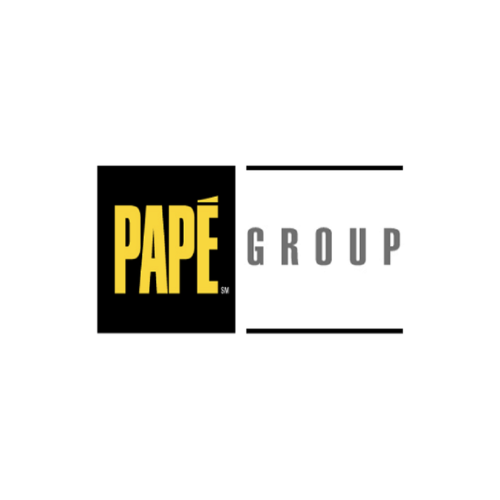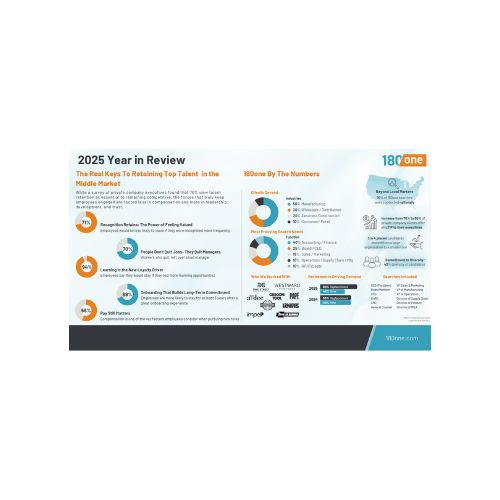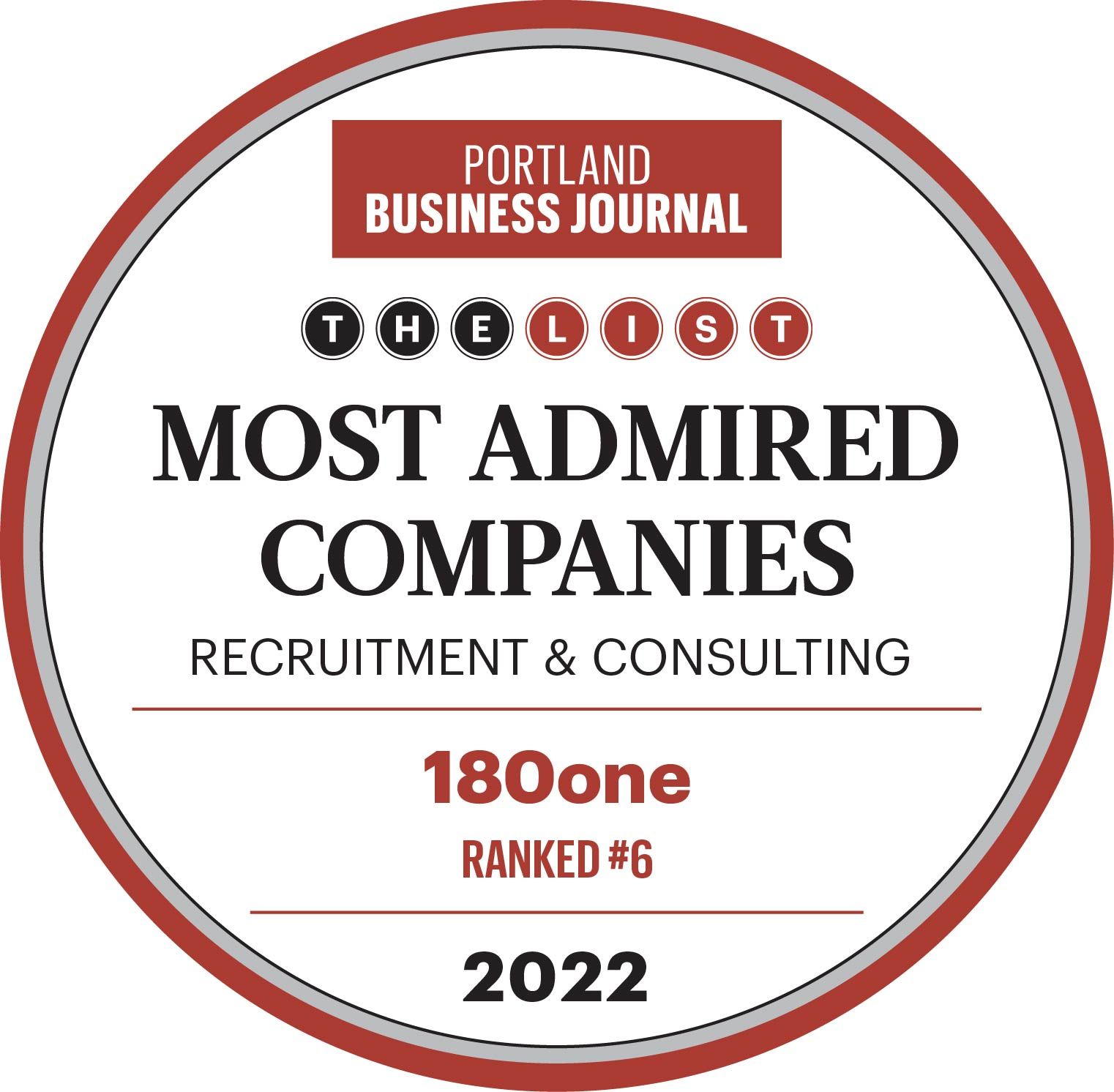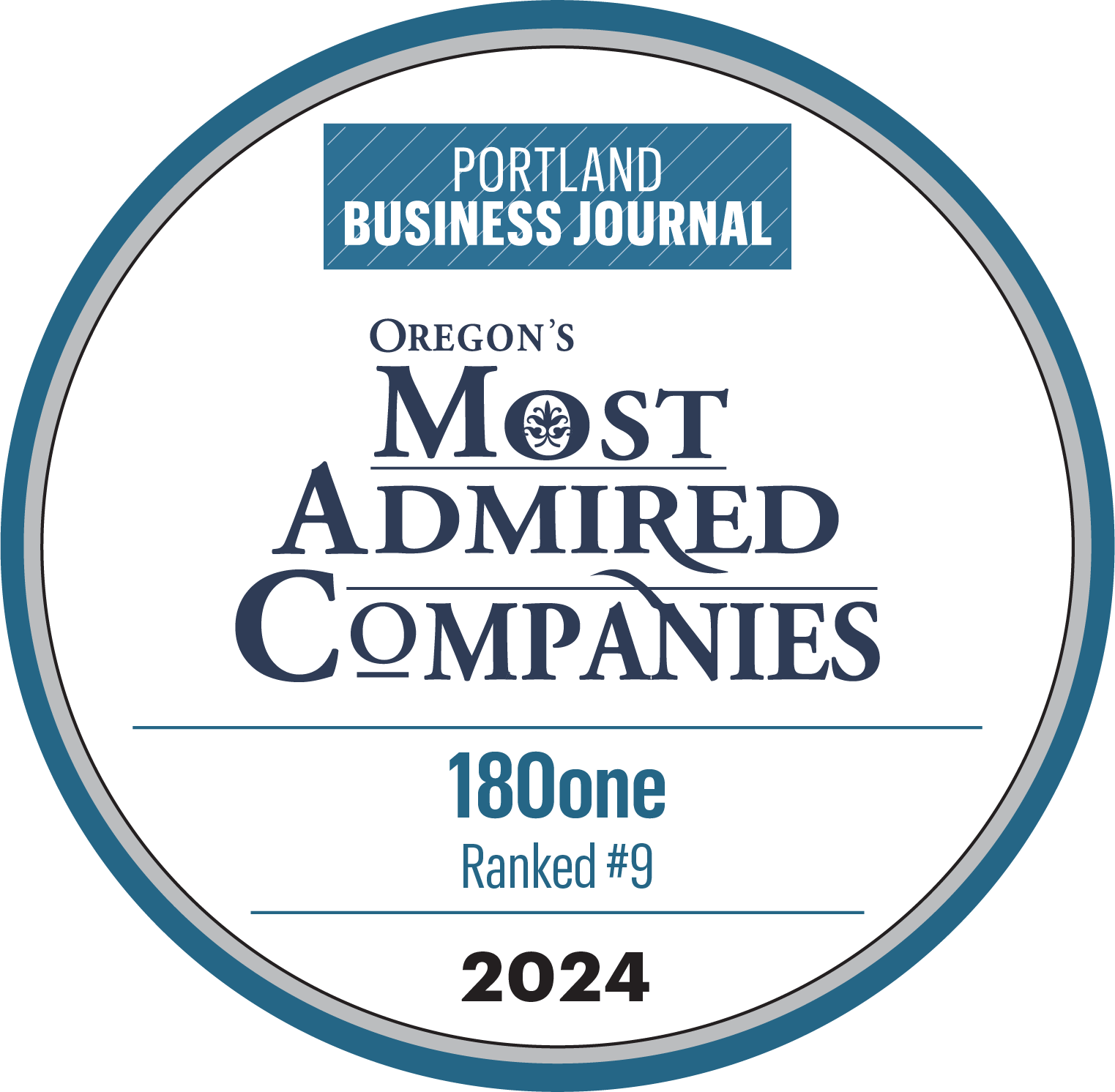Top Five Pre-Employment Personality Tests (and What They Reveal About Job Candidates)
If you’ve ever conducted a candidate search or hired anyone, you know that there is no magic wand that can guarantee you’ll make the right decisions or that everyone you hire will click into place like a well-cut jigsaw puzzle piece. As the geographic boundaries and technological limitations that once defined hiring fall away, you have a potentially greater candidate pool than ever, with more tools at your disposal and endless professional research articles to guide you. All our innovations and increased options are supposed to make things easier, aren’t they? But sometimes hiring seems more complex and difficult than ever.
Enter the pre-employment personality test – personality inventories and screenings that help you learn more than ever before about your job candidates. A résumé reveals experience and skills, but what about the ineffable “cultural fit” and the alignment of values that are important to your company? What about personality factors that will make someone a great addition to an existing department or team? Or the best person to create an entirely new division within your company? References can help, as can interviews, but the idea of screening dozens of candidates early in the hiring process with a simple test is tantalizing for busy HR departments, hiring managers, and CEOs.
Pre-Employment Personality Tests for Hiring
Most of the pre-employment tests commonly used during the hiring process are personality inventories that are intended to reveal aspects of character, temperament, and work-related factors such as leadership, collaboration, and communication styles. Some hiring tests look at cognitive functions and processing speed.
The most famous personality test, Myers-Briggs, was developed specifically for use in HR departments, not for hiring, but for job placement and career development. This test is still widely used as originally intended, though increasingly in hiring as well. Other tests, such as the Wonderlic, were created as a hiring tool and have added significantly to the pre-hire personality test landscape.
Having data from a pre-employment test can support the interview process, as long as the hiring team is careful not to let personal feelings about personality types cloud their objectivity.
Top Five Pre-Employment Tests and What They Look For
Five of the most popular personality tests for employers are the Hogan Personality Inventory (HPI), the DISC assessment, Wonderlic Personnel Test (WPT), the Clifton StrengthsFinder, and Myers-Briggs Type Indicator (MBTI).
- Hogan Personality Inventory – According to the Hogan website, the HPI “describes normal, or bright-side, personality,” revealing information about people when they are at their best. The five areas of focus are adjustment (emotional stability), openness to experience, sociability (level of extraversion), likeability (agreeableness), and conscientiousness. The HPI was created to predict job performance and they recommend its use in hiring, leadership development, and succession planning. Advertised as “the science of personality,” the HPI seeks to rapidly quantify aspects of human nature previously discernable only with the familiarity developed over time.
- DISC Assessment – The letters in the name represent four personality indicators: dominance, influence, steadiness, and compliance (or conscientiousness), which blend and balance uniquely for every person. (Interesting fact: these same qualities were identified as the four humors by Hippocrates in c. 400 BCE.) Scoring the DISC Assessment involves plotting test-takers’ answers on a graph to determine the relative weight of each aspect of the personality. Employers use these results to assess how well employees will interact as a team, manage, and communicate. Knowing their own and their colleagues’ DISC type also helps team members build effective work and customer relationships.
- Wonderlic Personnel Test – The Wonderlic assessment is more of a cognitive ability test than a personality test. Unlike other tests on this list, the WPT is a standardized, timed test of general intellectual ability used specifically for hiring purposes. It is promoted as a test that can reduce employee turnover by correctly identifying the best candidates prior to hiring, based on their motivation, processing speed, and cognitive strengths.
- Clifton StrengthsFinder – The StrengthsFinder assesses behaviors and patterns of thought, categorizing them into themes. The 34 themes fall into four overarching categories: executing (e.g. achievement, consistency, and focus), influencing (e.g. competition, self-assurance, and command), relationship building (e.g. adaptability, positivity, and empathy), and strategic thinking (e.g. analytical, futuristic, and learning). Initially intended as a team-building tool, StrengthsFinder is being used to support hiring, specifically to discover how a candidate’s strengths work together and sync with the strengths of the team.
- Myers-Briggs Type Indicator – Probably the most well-known personality assessment, it is also the most widely used in hiring. Test-takers fall into one of 16 personality types, indicated by the combination of four either/or pairs or groupings: introverted/extroverted, intuitive/sensing, feeling/thinking, and judging/perceiving. This test is helpful to both potential candidates and businesses seeking to hire. A MBTI personality type reveals what kind of career and work environment suits the candidate, and whether a candidate will align with workplace culture, job requirements, and expectations. When using Myers-Briggs for hiring, businesses are looking for how and in what capacity an individual will fit best.
Test to Hire – A Strategic Piece of Smart Recruitment
Personality tests for hiring are becoming increasingly common. These tools benefit both candidate and company by making it possible to begin the new relationship based on transparency about strengths and areas of challenge, and encouraging honesty on both sides.
A personality test can:
- Paint a good picture of a candidate to reveal cultural fit
- Show managers how a potential hire would fit and interact with the existing team
- Encourage honesty in the interviewing process since these assessments do not have right or wrong answers
- Help recruiters decide between two candidates with similar skills and experience
- Encourage authentic job objectives for new hires based on what aligns with the strengths and weaknesses revealed by the test
- Reveal ideal placement within a company, division, or team
There are pitfalls to be aware of. For example, when using a personality test for employee hiring:
- Candidates may feel vulnerable to judgement about qualities and traits they have no control over.
- You could screen out candidates who would actually be good hires.
- The results may be flawed if the test-taker tries to anticipate desired answers rather than responding honestly.
- The process may raise legal red flags around bias. These can be avoided as long as you can show the need for this kind of assessment and that you have not discriminated against anyone based on results.
Bottom Line
When pre-employment testing is conducted thoughtfully, these assessments can help businesses avoid discrimination in hiring, reduce turnover, increase loyalty, and recognize candidates who will align with the company’s culture, perform well, and find job satisfaction.
When looking for personality tests for employees and recruits, remember to determine what you want from the test, research your options thoroughly, and approach the process with complete transparency.






